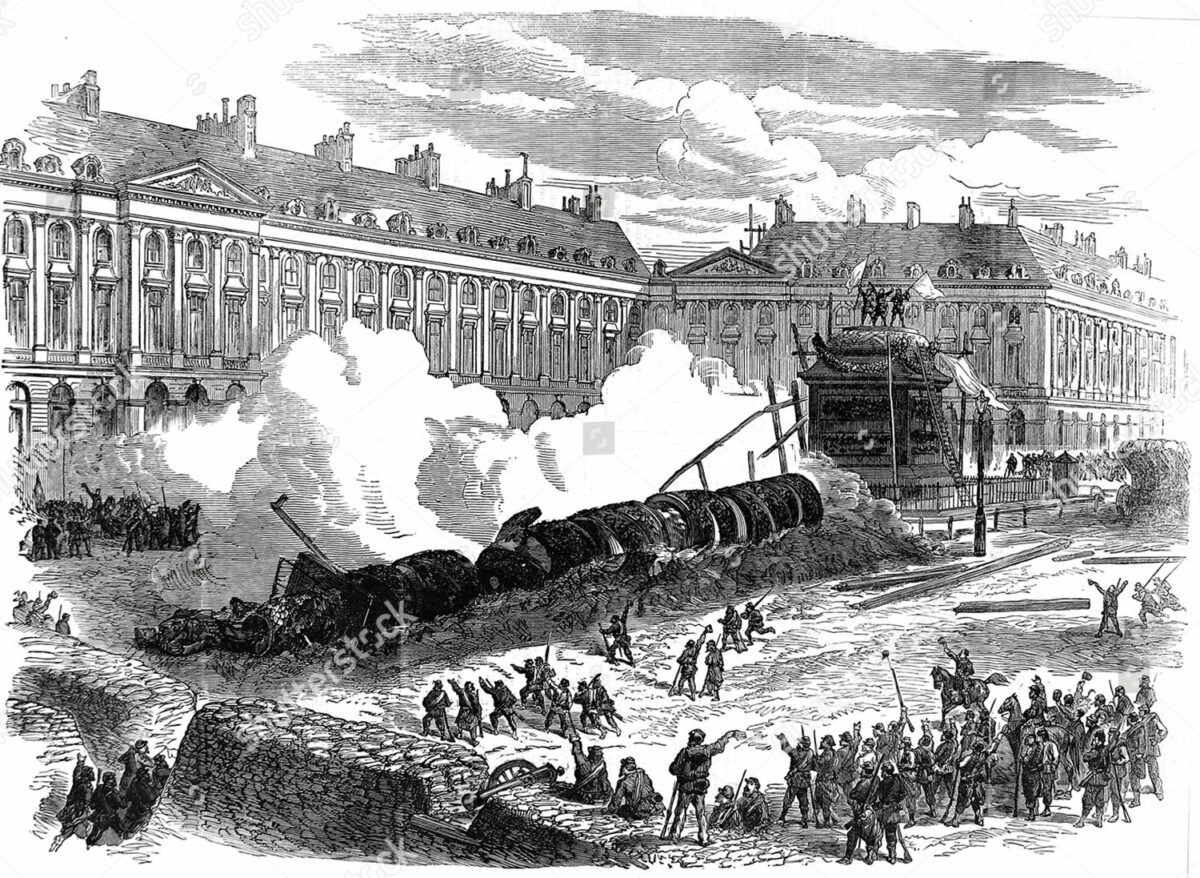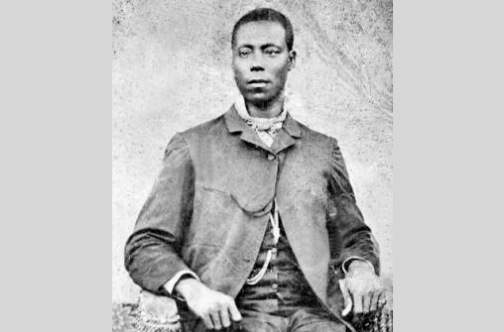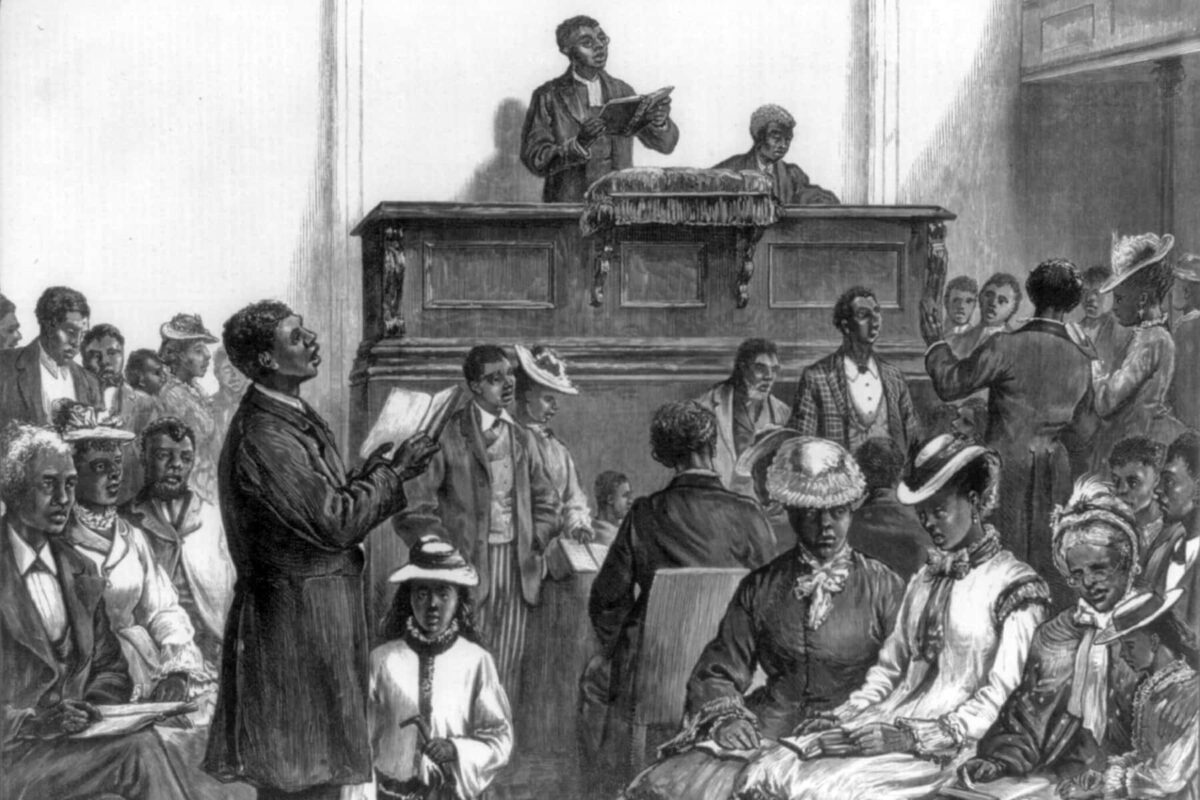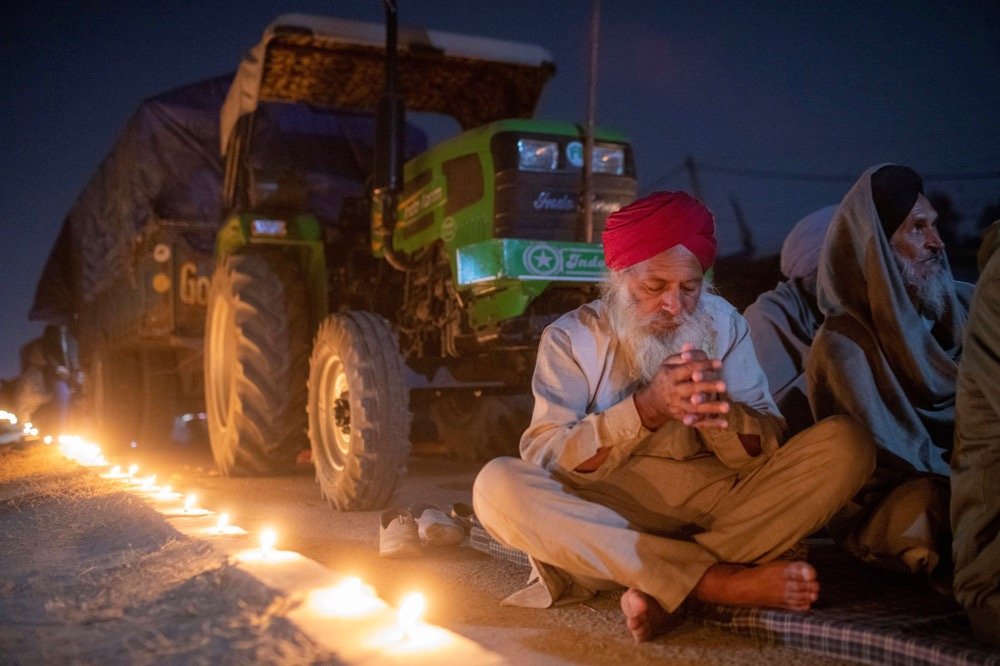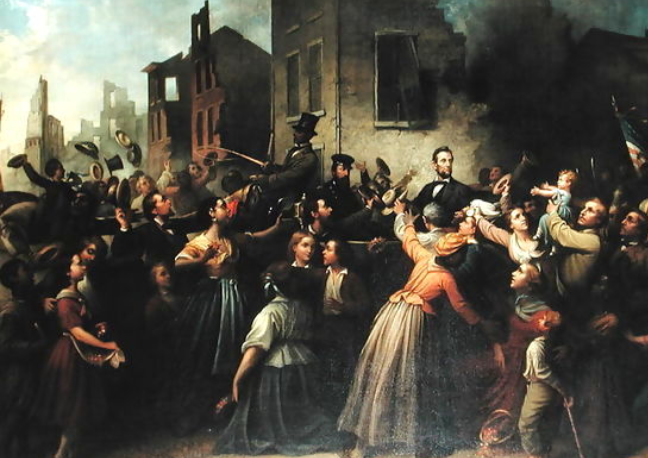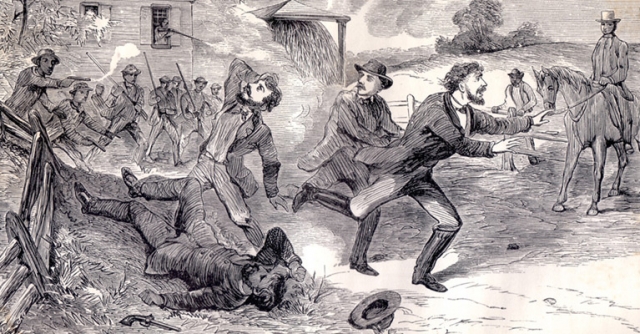The Paris Commune was so much more than a short bloody two-month interlude in European politics. In this episode, the story of the Paris Commune as related by Karl Marx in his address to the International Workingmen’s Association. From passing debt relief programs to tearing down militarist statues, the Paris Commune was a real revolution, for a moment at least. With the usual asides and notes about what else was going on.
Author: Justin Podur
Civilizations 24: Jamaica 1865 – Morant Bay Uprising shakes the British Empire
In 1865, Paul Bogle led an uprising in Jamaica that was repressed with extreme violence by the British, led by Jamaica’s Governor Eyre. The reaction was disproportionate and the story was big news in Britain, leading to a committee questioning Eyre’s brutality and a counter-committee forming to defend him. Both committees have some big names from Britain’s past: Darwin and Mill on one side, Dickens and Tennyson on the other – and many more.
Civilizations 23d: American Civil War pt4 – the Rise and Fall of Reconstruction
We conclude our 4 part series on the American Civil War following WEB Du Bois’s book Black Reconstruction in America, talking about the brief, glorious moment of potential for genuine racial equality in the United States. In some ways, despite the gains made a century later, we still live with the consequences of the fall of Reconstruction. In the Civilizations Resources page I show how WEB Du Bois divided his bibliography.
AEP 76: Punjab Farmer’s Movement Confronts the Modi Juggernaut
Opposing a series of Farm bills that will render them destitute and further enrich India’s billionaires, a farmer’s movement has converged on Delhi demanding that the legislation (passed in September) be repealed. I talk to historian Navyug Gill about the laws, the history, and the politics of the Farmer’s movement in India, a sustained opposition that has arisen to the seemingly unstoppable BJP-Modi juggernaut.
AEP 75: The Dec 6 Venezuelan Legislative Elections
Maria Victor and I talk about the December 6 legislative elections in Venezuela. Turnout was low at 31%, but that’s normal for legislative elections* in a pandemic (Romania had around the same turnout on the same day, as others have pointed out). We talk about the electoral system in Venezuela, why it’s more fair than you’ve been led to believe, the disgraceful role Canada continues to play in trying to foment a coup in Venezuela, and what the new legislature is likely to do.
*Correction: Maria refers to the previous legislative elections in Venezuela as having a turnout of 25% – the 2015 legislative elections actually had a turnout of 75%. The 2005 legislative elections, however, had a turnout of 25%.
Civilizations 23c: The American Civil War pt3 – the War
The American Civil War from Lincoln’s election in 1860 to the surrender of Robert E. Lee at Appomatox Court House. The major events, the commanders, and the decisive role of what Du Bois called the General Strike of the Black Worker. Part 3 of 4 on the US Civil War.
AEP 74: The Fighting Intellectual, with Sayf Carman
Sayf Carman runs the Ummah Fight Camp martial arts youtube channel and has recently started Mindscrub, an intellectual channel.
Carman teaches martial arts in New Jersey. He has been in the Nation of Islam, the Communist Party, has studied Buddhism and Western Philosophy.
We talk about different approaches to thinking, teaching, and techniques and approaches in martial arts, and what it means to be an intellectual in the good and bad sense, using ideas from Noam Chomsky to Malcolm X to Amos Wilson.
Civilizations 23b: “This question is still to be settled”: John Brown and the Civil War pt2
John Brown routed 75 men with 14, defended Lawrence from raiders, wrote a manual for the Underground Railroad, and began the war that ended slavery.
Frederick Douglass, talking about Brown’s actions in Kansas, wrote that one could not read the history “without feeling that the man who in all this bewildering broil was least the puppet of circumstances – the man who most clearly saw the real crux of the conflict, most definitely knew his own convictions and was readiest at the crisis for decisive action, was a man whose leadership lay not in his office, wealth, or influence, but in the white flame of his utter devotion to an ideal.”
This episode of Civilizations is all about John Brown – relying on W.E.B. Du Bois’s 1909 biography. Du Bois’s maps of Harper’s Ferry and Brown’s strategy are on the Civilizations Resources page.
AEP 73: Pakistan’s Hybrid Civil-Military Regime, with Saadia Toor
I’m joined by the Anti-Empire Project’s special correspondent for Pakistan, Saadia Toor, professor at CSI CUNY and author of the State of Islam: Culture and Cold War Politics in Pakistan. Saadia gives us a quick sweep of Pakistan’s history including the key role of the left in the many twists and turns. We get caught up all the way to Imran Khan’s hybrid civil-military regime and the inspiring youth-led Pashtun Tahafuz Movement (PTM).
Civilizations 23a – American Civil War Part 1: Abolition and distant causes
Civilizations begins our study (at least four parts) of the American Civil War. We start with the abolitionist movement in the decades before the war, and the conflict between the British Empire and the United States over abolition. This episode relies on (among other sources) Kellie Carter Jackson’s book Force and Freedom, and Gerald Horne’s book Negro Comrades of the Crown.

